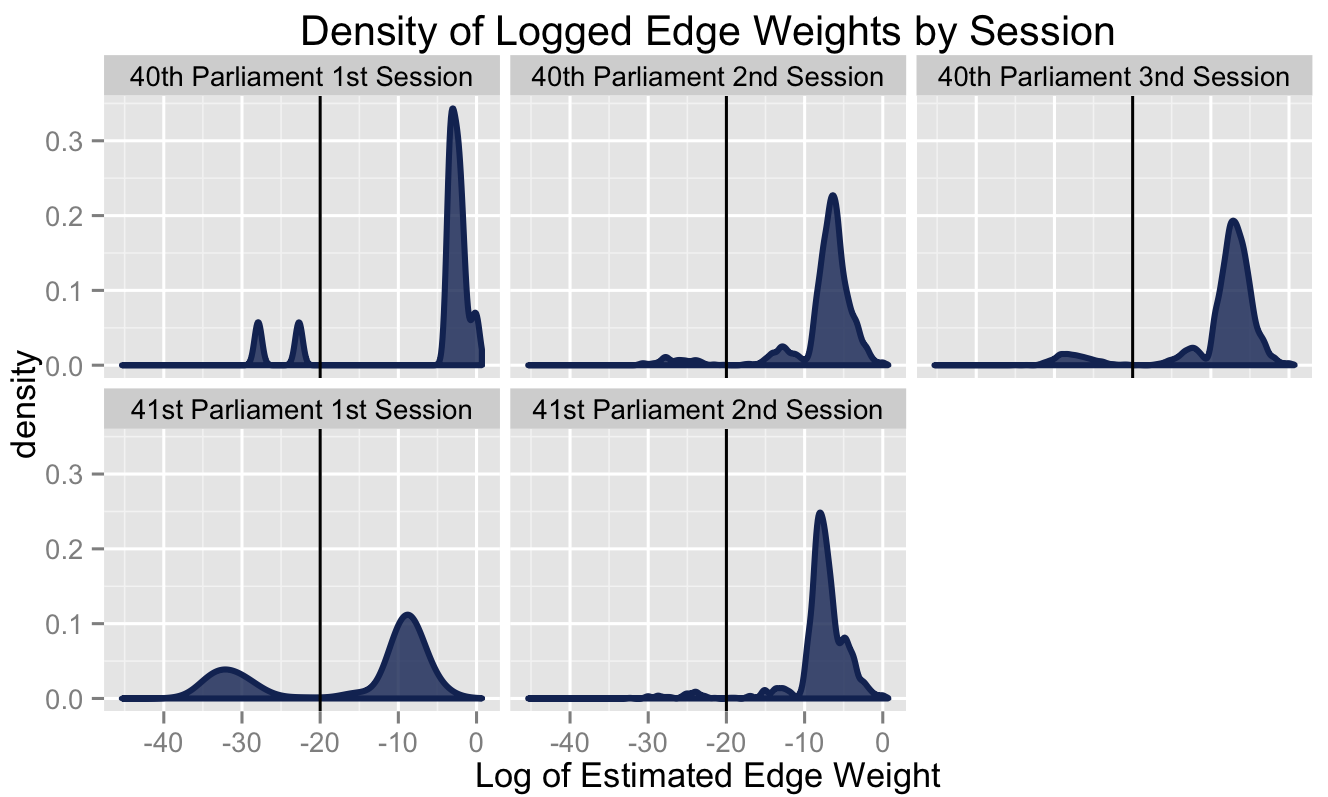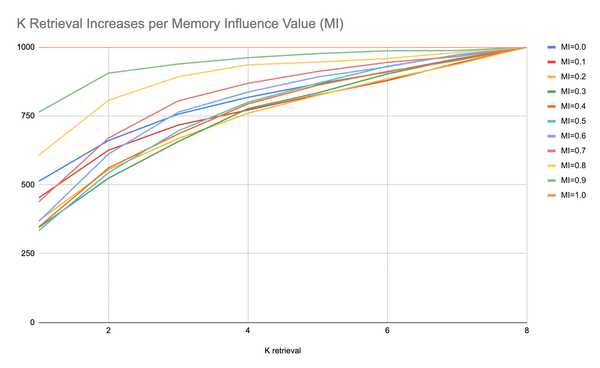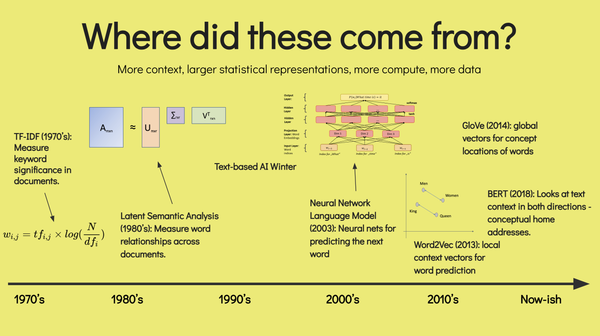Lobbying Strategy Diffusion in Canadian Politics

Studies of lobbying in North America have tended to focus largely on activities and strategies of interest groups and their lobbyists in American politics. However, the lax reporting requirements of the Lobbying Disclosure Act limit scholars’ ability to systematically address detailed questions about these groups behavior and their strategic environments at scale. In this project, we find more fertile ground for enquiries of this kind by turning to Canada, which has similar registration laws as the United States, but requires significantly more detailed reporting of lobbying communications. These data allow us to begin to explore topics that require granular knowledge of interest group activity over time such as the manner in which interest groups’ lobbying strategy is informed by the concurrent lobbying activity of other ally or opposing interests.
In this project we investigate the extent to which interest groups exhibit “flocking” behavior in the decisions they make over which government officials to communicate with on particular topics. This literature has explored coordination among interest groups through coalitions.
See a full version of our poster below



